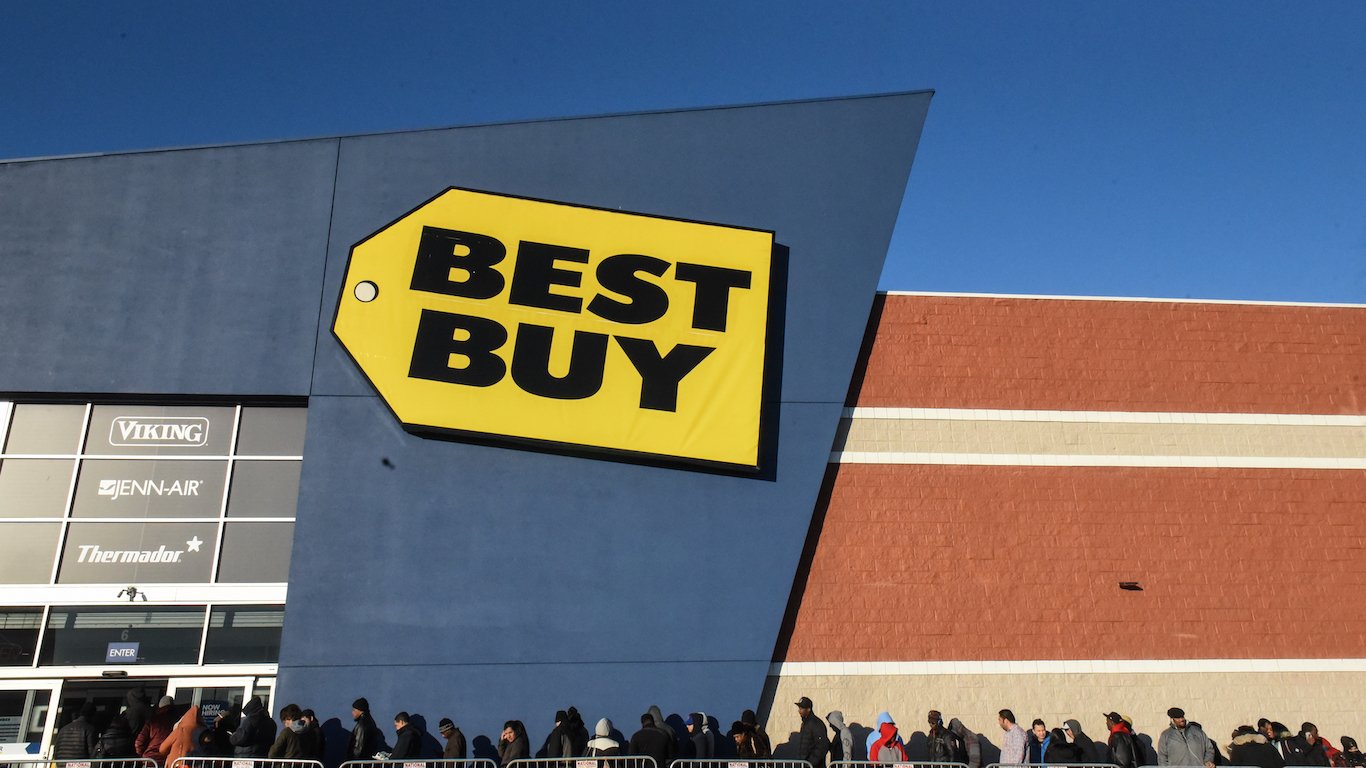

It’s not unusual for management changes to be announced in Corporate America. In fact, some companies rotate in and out of senior management as if the company is a ride in a theme park. And then there are the stable companies which have histories of well over a decade or two, and some may date back into the 1800s. It is these long-lasting companies with long histories where investors usually expect members of management to last for years and years, potentially even decades.
Deere & Company (NYSE: DE) has been in operation for about 180 years at this point. So when a change is made it at the top it might stand out more than in new-age companies which have seen founding CEOs get replaced.
Samuel Allen is being replaced as Chief Executive Officer of Deere by chief operation officer John May. Mr. Allen has been CEO of Deere for a decade, and his birth date of 1954 makes this a feasible retirement age. There has also been a suggestion that this transition was to be expected at some point.
One issue which stands out on a day like Thursday when this was announced is that the broad market was already up big and similar companies like Caterpillar, Tractor Supply Company, and AGCO were all higher on the day as well after news that China wanted to return to the trade war negotiations table.
John May is set to take over Deere at age 50, and this comes as Deere has had to back off of some loftier goals of getting revenues up closer to $50 billion when Mr. Allen first started to lay out long term plans. Allen had strong growth ambitions from emerging market leaders like China, Brazil and India. Those nations are large enough that they have competing industries of their own, and many of the local farming and related equipment choices may be quite a bit cheaper. The obvious market win for Deere has been in North America where Deere’s share of larger tractors is running about 60%.
Deere’s revenues were $29.1 billion in 2017 and rose to $37 billion in 2018, and the consensus estimate from analysts (Refinitiv) is currently forecasting for revenues to be $34.7 billion in 2019 and $35.4 billion in 2020.
Under a new leadership with John may at the helm, there may be hope Deere’s continued cost containment and use of technology will help drive profits higher and that going after higher revenues for the sake of growth.
One thing that remains to be seen is whether replacing an older CEO (Allen is 66) with a company’s COO will make for a major change or not. After all, every CEO in America, regardless of his or her age, is struggling to adequately deal with a slowing global growth story, weak domestic farm profits, lower crop and livestock costs, and with the effects of tariffs and retaliations in a trade war with China.
John May has held the president and chief operating officer title since April of 2019 and he has held multiple management roles since 2012 and first joined Deere in 1997. On top of heading Deere’s global Agriculture & Turf division, Mr. May has been in charge of the intelligent-solutions group and he had served as Deere’s Chief Technology Officer and has also been a managing director of Deere’s China operations.
Shortly before the close of trading, Deere’s stock was up 2.5% at $156.60 with a market cap of just over $49.5 billion. Its 52-week trading range is $128.32 to $171.22 and the Refinitiv consensus analyst target price was last seen at $167.84.
Essential Tips for Investing: Sponsored
A financial advisor can help you understand the advantages and disadvantages of investment properties. Finding a qualified financial advisor doesn’t have to be hard. SmartAsset’s free tool matches you with up to three financial advisors who serve your area, and you can interview your advisor matches at no cost to decide which one is right for you. If you’re ready to find an advisor who can help you achieve your financial goals, get started now.
Investing in real estate can diversify your portfolio. But expanding your horizons may add additional costs. If you’re an investor looking to minimize expenses, consider checking out online brokerages. They often offer low investment fees, helping you maximize your profit.
Thank you for reading! Have some feedback for us?
Contact the 24/7 Wall St. editorial team.



